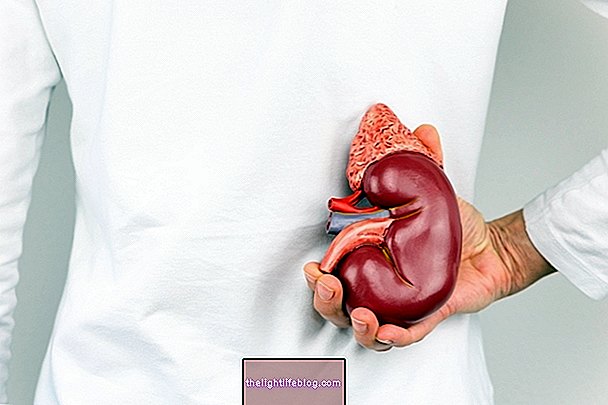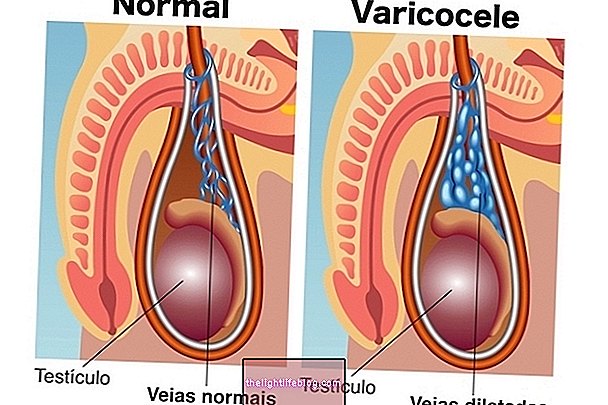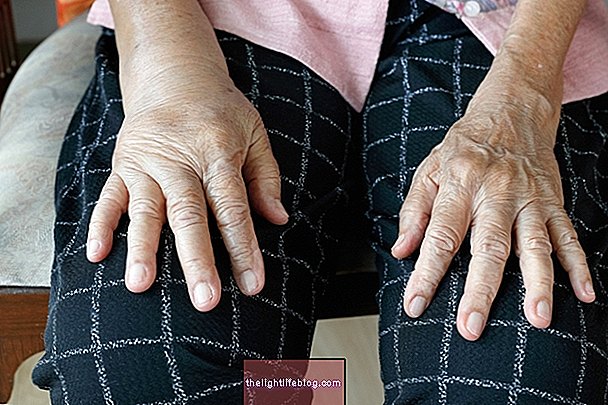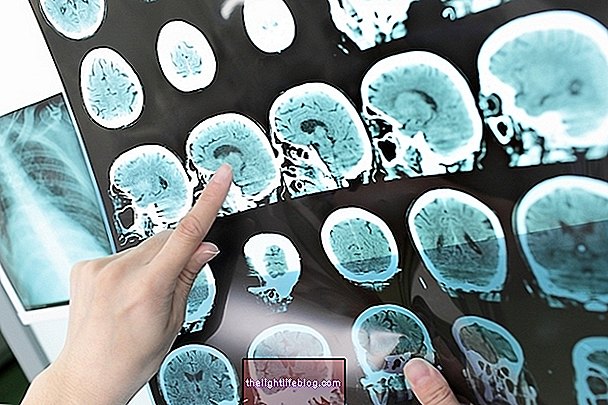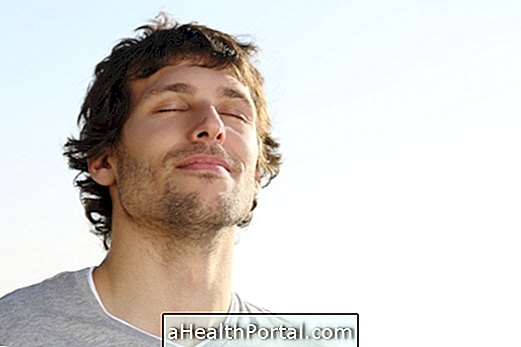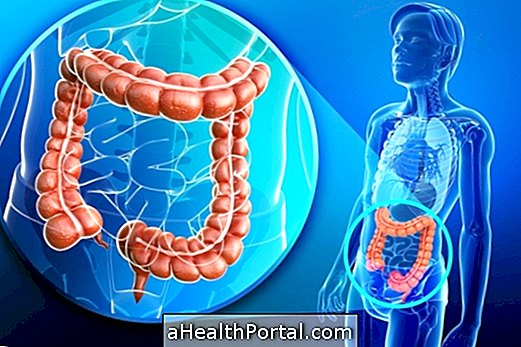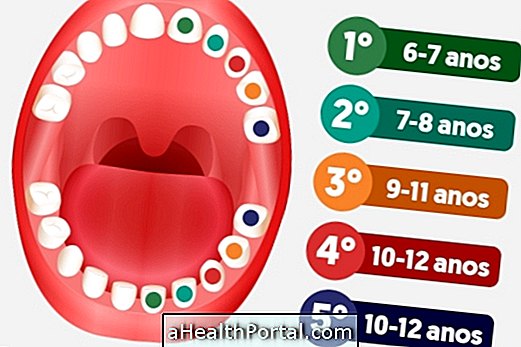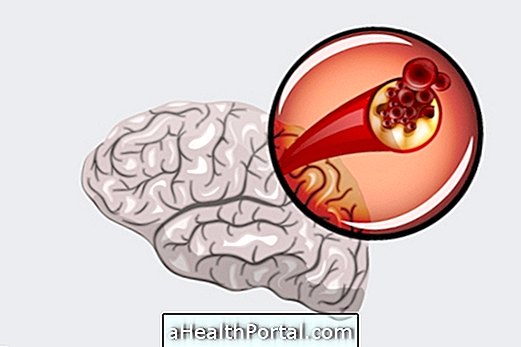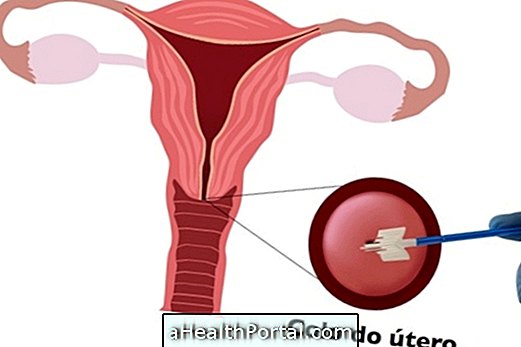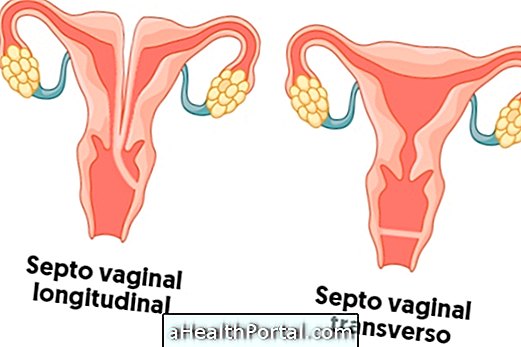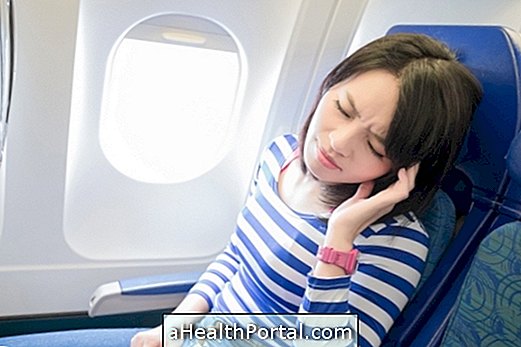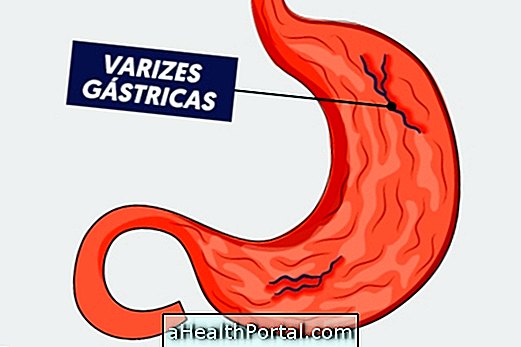Motion sickness, also known as motion sickness, is characterized by the appearance of symptoms such as nausea, vomiting, dizziness, cold sweats and malaise when traveling by car, plane, boat, bus or train, for example.
The symptoms of motion sickness can be prevented with simple measures, such as sitting in front of the vehicle and avoiding alcoholic beverages or heavy foods before the trip, for example. In addition, in some cases, the doctor may prescribe taking antiemetic drugs.
-o-que--e-como--feito-o-tratamento.jpg)
Why it happens
Motion sickness usually happens due to inconsistent signals that are sent to the brain. For example, during a trip, the body feels movement, turbulence and other signs that indicate movement, but at the same time, the eyes do not receive that movement signal, as when a person is walking on the street, for example. It is this conflict of signals received by the brain that leads to symptoms such as nausea, vomiting and dizziness.
What are the symptoms
Symptoms that can occur in people with motion sickness are nausea, vomiting, dizziness, cold sweats and general malaise. In addition, some people may also find it difficult to maintain balance.
These symptoms are more common in children aged 2 to 12 years and in pregnant women.
How to prevent motion sickness
To prevent motion sickness, the following measures can be taken:
- Sit in the front seat of the means of transport or next to a window and look at the horizon, when possible;
- Avoid reading while traveling or using devices such as a cell phone, laptop or tablet;
- Avoid smoking and drinking alcohol before and during the trip;
- Eat a healthy meal before the trip, avoiding very acidic or fatty foods;
- When possible, open the window a little to breathe fresh air;
- Avoid strong smells;
- Take a home remedy, such as tea or ginger capsules, for example.
See other ways to use ginger and more benefits.
How the treatment is done
To avoid and relieve motion sickness, in addition to the preventive measures mentioned above, the person may choose to take medications that prevent symptoms, as is the case with dimenhydrinate (Dramin) and meclizine (Meclin), which should be ingested around half an hour to an hour before traveling. Learn more about the Dramin remedy.
These remedies act on the vestibular and reticular systems, responsible for nausea and vomiting, and also act on the center of vomiting, preventing and treating symptoms of motion sickness. However, they can cause side effects, such as drowsiness and sedation.
Was this information helpful?
Yes No
Your opinion is important! Write here how we can improve our text:
Any questions? Click here to be answered.
Email in which you want to receive a reply:
Check the confirmation email we sent you.
Your name:
Reason for visit:
--- Choose your reason --- DiseaseLive betterHelp another personGain knowledge
Are you a health professional?
NoMedicalPharmaceuticalsNurseNutritionistBiomedicalPhysiotherapistBeauticianOther
Bibliography
- COELHO, Carlos S.M., et. al .. MOVEMENT ENLARGEMENT: ETIOLOGY, PREDISPONENT FACTORS AND ADAPTATIONPEDISPONENT FACTORS AND ADAPTATION. PSYCHOLOGY, HEALTH & DISEASES. 8. 1; 33-48, 2007
- CENTERS FOR DISEASE CONTROL AND PREVENTION. Motion Sickness. Available in: . Accessed on 16 Sep 2019
- MEDICA NEWS TODAY. What's to know about motion sickness?. Available in: . Accessed on 16 Sep 2019
- APSEN FARMACÊUTICA S.A .. MECLIN. 2014. Available at:. Accessed on 16 Sep 2019
- TAKEDA. Dramin. 2009. Available at:. Accessed on 16 Sep 2019
